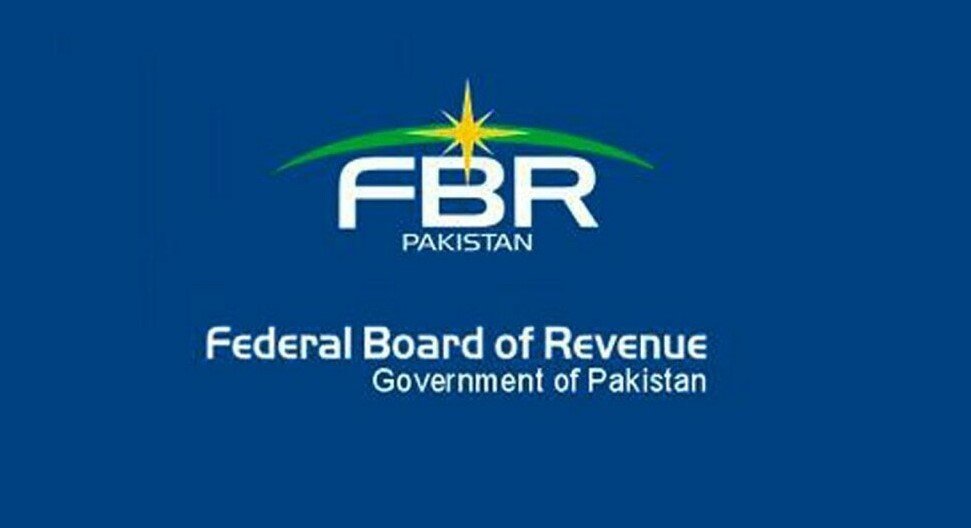The Federal Board of Revenue (FBR) will crack down on tax evaders in Pakistan through a significant step by blocking the mobile phone SIMs of over 500,000 non-filers. This move aims to encourage tax compliance and broaden the country’s tax base.
The FBR identified these individuals who have a taxable income but haven’t filed their income tax returns for the tax year 2023. These non-filers were previously issued notices, but failing to respond prompted the FBR to take action.
The blocked SIM cards will remain inaccessible until the respective non-filers file their tax returns for 2023. This action serves as a strong message to potential tax evaders and highlights the FBR’s commitment to tax compliance.
This crackdown on non-filers comes amidst the government’s broader efforts to reform the economy. Prime Minister Shehbaz Sharif recently pledged to introduce deep reforms to address the country’s economic challenges.
The FBR’s action is a multi-pronged approach. Blocking mobile SIM cards creates a significant inconvenience for non-filers, potentially pushing them to fulfill their tax obligations. Additionally, the FBR aims to broaden the tax base by bringing new taxpayers into the system.
This initiative builds on previous measures undertaken by the FBR. In November 2023, new district tax offices were established, and the FBR collaborated with the PTA to identify non-filers based on their transaction records.
The initial target for blocking SIM cards was set at 2 million, but concerns from telecom companies led to a revised figure of 500,000 in the first phase. This allows for a smoother implementation while still sending a clear message to tax evaders.
The FBR’s actions highlight the importance of a robust tax system for a healthy economy. By encouraging tax compliance, the government aims to generate revenue for vital public services and infrastructure development.


